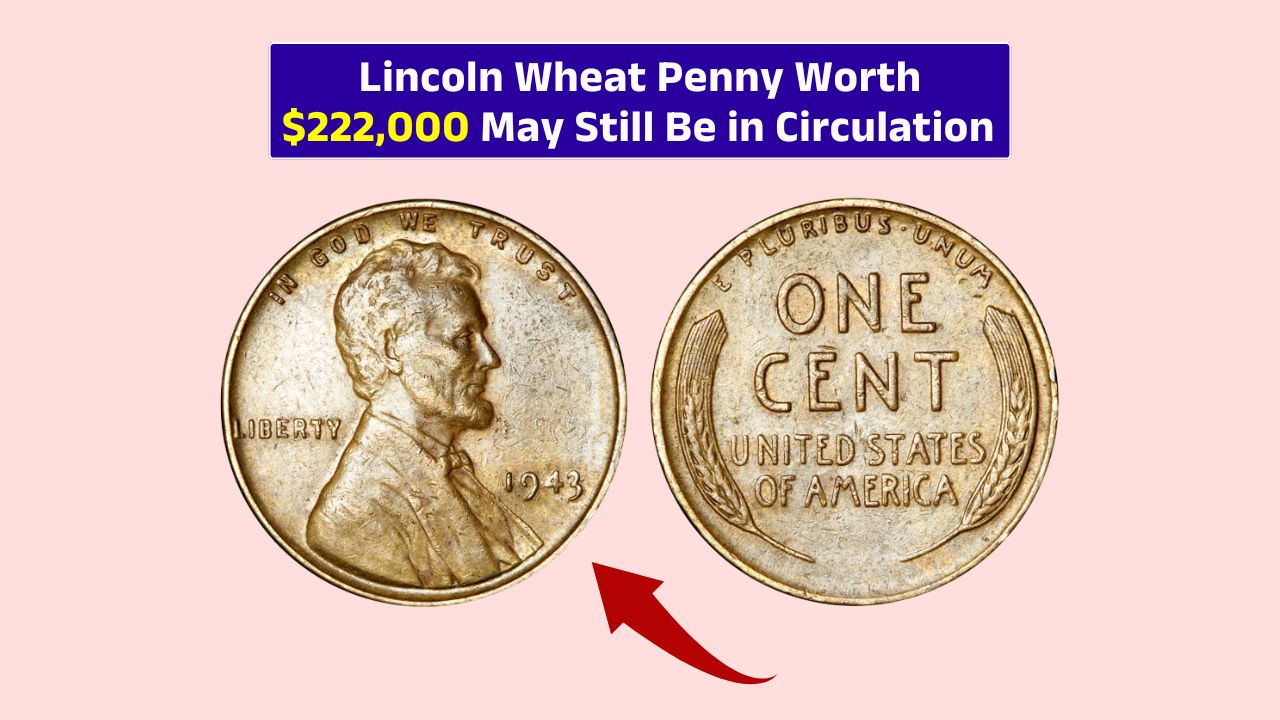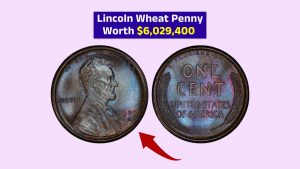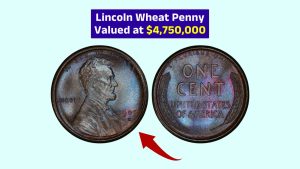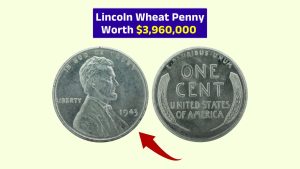Most people ignore loose change—especially pennies. But what if one of those ordinary-looking coins was actually worth a fortune? Believe it or not, a rare version of the 1943 Lincoln Wheat Penny recently sold for a jaw-dropping $222,000. And here’s the kicker—it could still be sitting unnoticed in a drawer, jar, or even in your wallet.
History
The Lincoln Wheat Penny was introduced in 1909 and remained in circulation until 1958. It was the first U.S. coin to feature a real person: President Abraham Lincoln. The front (obverse) shows Lincoln’s profile, while the back (reverse) has two stalks of wheat—hence the nickname, “Wheat Penny.”
Millions were minted, and many are still floating around in old change. While most are worth just a penny or two, a few rare versions—especially those minted with minting errors—can be worth thousands or even hundreds of thousands of dollars.
Rarity
During World War II, copper was in high demand for military equipment. So in 1943, the U.S. Mint began producing pennies out of steel coated in zinc instead of copper.
But mistakes happen. A few bronze planchets (leftover copper blanks from 1942) were accidentally used to mint a small number of 1943 pennies. These bronze error coins are incredibly rare, and collectors are willing to pay top dollar for them.
In fact, one of these rare 1943 bronze Lincoln Wheat Pennies recently sold at auction for $222,000—all for a coin that originally cost just one cent.
Detection
Wondering if you have one of these valuable pennies? Here’s what to look for:
| Feature | What to Check |
|---|---|
| Year | Look for 1943 on the coin |
| Material Test | Use a magnet: steel sticks, bronze does not |
| Mint Mark | Below the year: “D” (Denver), “S” (San Francisco), or no mark (Philadelphia) |
| Condition | Coins in excellent shape fetch higher prices |
| Verification | Take suspicious coins to a certified coin dealer or numismatist |
Circulation
Here’s the wild part: this rare penny could still be out there. Many people have no idea what to look for, so it’s possible these coins were spent long ago and remain undetected in piggy banks, change jars, or circulation.
Rare coins have been discovered in regular transactions before. All it takes is one sharp-eyed person checking their pocket change to make a life-changing discovery.
Treasure
The 1943 bronze Lincoln Wheat Penny is one of the most valuable coins ever produced by mistake. It’s a reminder that something as small as a penny could hold tremendous worth.
With a current value of over $200,000, that little coin in your pocket might just be the lucky break you’ve been waiting for. So before you toss your pennies aside—take a closer look.
FAQs
Why is the 1943 penny valuable?
Because a few were mistakenly made from bronze instead of steel.
How can I test if my penny is bronze?
Use a magnet. If it doesn’t stick, it might be bronze.
Where can I find the mint mark?
Look just below the year on the front of the coin.
Can this rare coin still be in use?
Yes, it could still be circulating or in old coin jars.
What should I do with a rare penny?
Take it to a certified coin dealer or appraiser.



